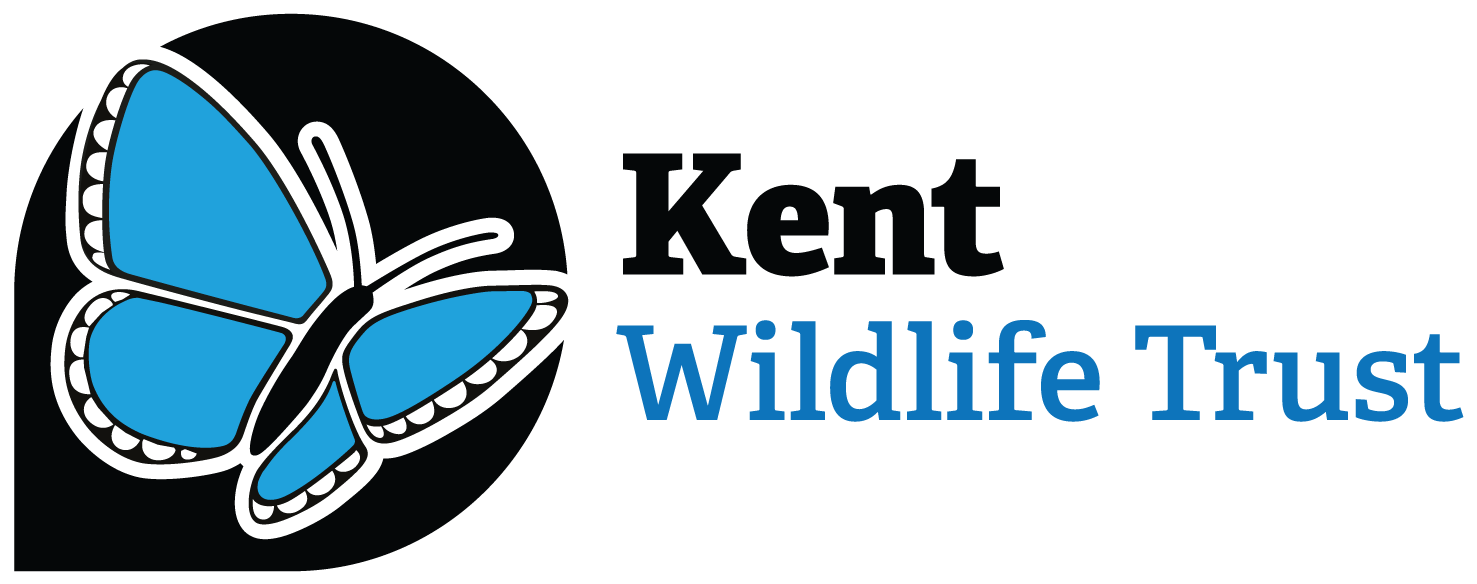The conservation industry in the UK ranks as the second least diverse, just ahead of agriculture. This lack of diversity can be attributed to systemic racism and the expectation of unpaid experience, which creates significant barriers for people from global majority backgrounds (previously known as BAME or Ethnic minorities) and low-income communities. Furthermore, the conservation sector is lagging behind in ensuring inclusivity for LGBTQ+ staff and volunteers. At Kent Wildlife Trust, we acknowledge that we are not where we aspire to be, but this year, we are fully committed to making improvements.
Pride month and celebrating LGBTQ+ team members at KWT
Pride Month has its roots in the protests of the 1970s, particularly the Stonewall Riots and the Christopher Street Liberation Day Protest in New York. These events were a response to the discrimination and abuse faced by LGBTQ+ community members. Pride parades have since evolved into a global movement, but discrimination, hate crimes, and even criminalization persist in some places. Pride Month remains a crucial time to protest against discrimination, celebrate together as a community, and raise awareness. However, our support, protection, and empowerment of the LGBTQ+ community should extend beyond this month, lasting throughout the year.
Acknowledging LGBTQ+ equality at KWT
Promoting LGBTQ+ equality and discussing Pride are important aspects of our work at KWT. Nature includes everyone, and it is vital to acknowledge the discrimination and exclusion that some individuals face when connecting with the natural world. The same forces that drive wildlife loss often underlie discrimination, making it crucial for us to stand in solidarity with the LGBTQ+ community who has consistently supported environmental movements. By creating a safe workplace that embraces our LGBTQ+ team members (staff, volunteers, members, and visitors), we can collectively strive toward our shared goals and foster a supportive and inclusive environment.
Improving inclusivity at KWT
Inclusivity positively impacts the entire organization, extending beyond marginalized groups. It enhances creativity, innovation, productivity, support, and decision-making across the whole workforce.
As you may have noticed, we have changed our logo to celebrate and honour Pride Month. However, we understand that this visual statement alone holds little meaning. Therefore, we are committed to backing up our logo with tangible actions. Consider this act as a firm commitment that by June 2024, Kent Wildlife Trust will be a more inclusive organization.
Over the past few years, we have been developing an Equality, Diversity, Inclusivity, and Belonging (EDIB) Action Plan and Strategy. This year, we will finalise the plan and embark on meaningful actions that involve the entire organisation, moving beyond the exceptional, but isolated, efforts of passionate teams and individuals. Our focus will be on empowering both our leadership team and the EDIB group to drive significant improvements for all marginalised and traditionally excluded groups.
The actions we will be taking include:
-
Providing an opt-out option for staff to display their pronouns in Microsoft Teams and Email Signatures, with an explanation as to why this is important, sourced from https://pronouns.org/. This opt-out approach aims to create an environment of respect and inclusivity.
-
Ensuring the collection and reporting of relevant demographic data for existing staff, new hires, and job applicants at KWT. This will enable us to identify any disparities in recruitment and proactively address them. Our goal is to continue working towards an inclusive and diverse recruitment process, ensuring that the best candidates are aware of each job opportunity and feel encouraged to apply. Note: This recruitment data will only be made accessible to the hiring manager during the interview stage, and only with the applicant’s permission, further enhancing the inclusiveness of the application process.
-
Directing new and existing staff to the staff networks offered by the Royal Society of Wildlife Trusts, including Out for Nature (LGBTQ+), Next Gen Nature (Young people), Next in Mind (a mental health network), Nature for All (for those living with a disability), and a minority ethnic staff network that is currently without a name.
-
Developing a collection of resources and user guides for staff and managers to effectively engage with, manage, and work alongside minority groups.
-
Incorporating inclusivity training into the mandatory training requirements for all staff. By integrating this training into our staff development programs, we aim to raise awareness, enhance knowledge, and cultivate a more inclusive work environment.
In the coming months, we will prioritise hiring an EDIB consultant to review our policies and provide guidance on further enhancing inclusivity at KWT. This consultant will help us implement best practices and ensure that our commitment to inclusivity is upheld.
By taking these actions, Kent Wildlife Trust is dedicated to creating a more inclusive organization, supporting LGBTQ+ communities, and fostering an environment where everyone feels valued and empowered to contribute. Together, we can make a significant impact on the conservation field and build a future that embraces diversity and equality.
References
Co-authors: Elysia Barker-Davies, Jade Williams, Katey Fisher and Kia Mack

